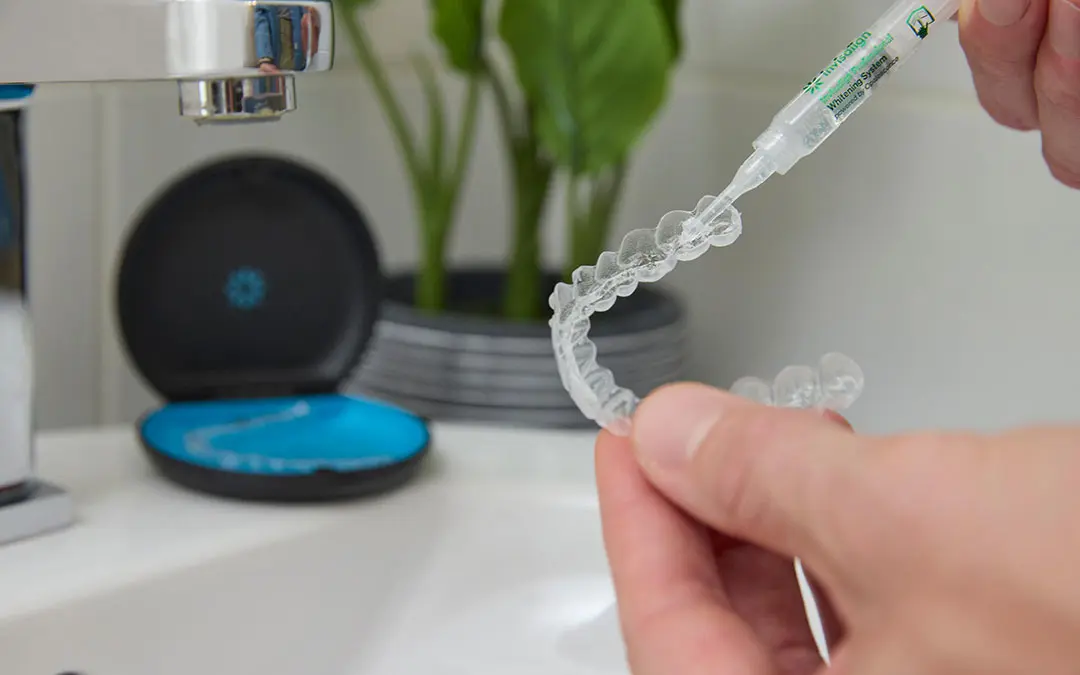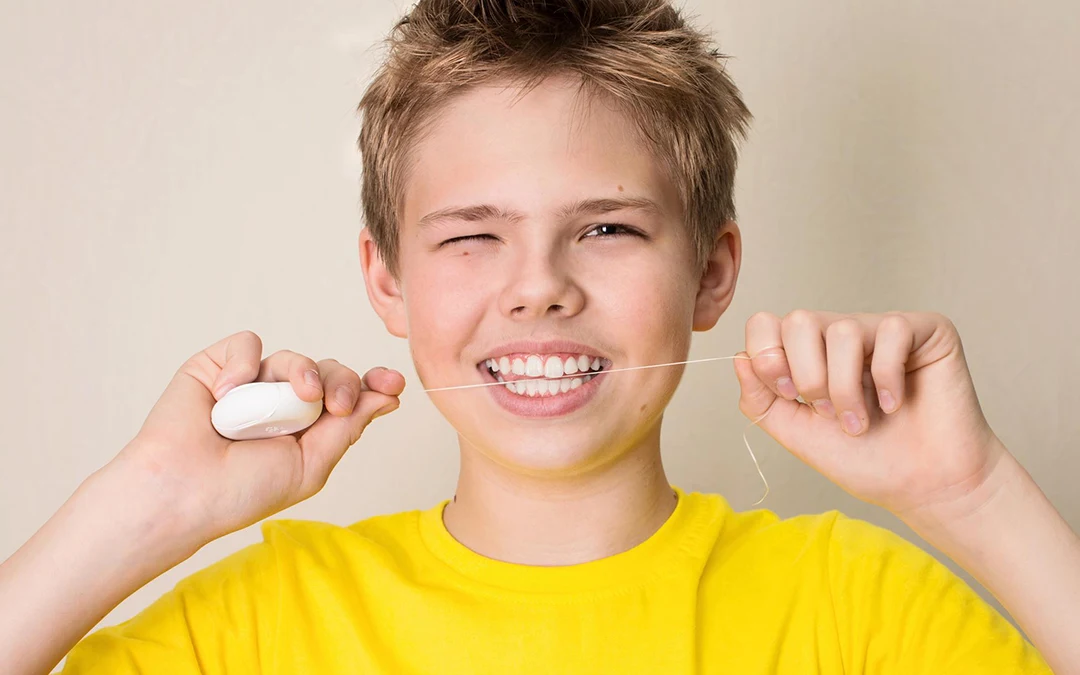If you’re looking to enhance your smile, teeth whitening is a popular option to consider. Teeth whitening can help remove discoloration and stains from your teeth, leaving you with a brighter smile.
What causes teeth to change color in the first place?
To understand how teeth whitening works, it's important to understand how teeth get stained in the first place. There are several factors that can contribute to tooth discoloration, including genetics, aging, lifestyle habits such as smoking or consuming foods and drinks that stain teeth (such as coffee, tea, and red wine), and certain medications or medical treatments. Over time, the outer layer of your teeth (the enamel) can become stained or discolored, making your teeth appear dull or yellow. Teeth whitening works by removing these stains and discoloration to restore your teeth to a brighter, whiter shade.
Who is a good candidate for teeth whitening?
Teeth whitening is a popular cosmetic dental procedure that can help almost anyone enhance their smile. However, it's important to know if you're a good candidate for the procedure. Generally, people with healthy teeth and gums are ideal candidates for teeth whitening. Stains or discoloration from coffee, tea, red wine, or smoking can usually be successfully treated with teeth whitening. However, if you have other dental issues such as tooth decay or gum disease, it's important to address those issues before considering teeth whitening. Your dental professional can help determine if teeth whitening is right for you.
Can I whiten my teeth while straightening teeth?
If you are wearing braces or other dental appliances, talk to your dentist before starting any whitening treatment. Your dentist will advise whether your braces (or other appliance) is compatible with certain teeth whitening methods.
If you have, or are considering, Invisalign® clear aligners the Invisalign™ Professional Whitening System enables you to brighten and straighten your teeth at the same time. Invisalign Professional Whitening System is designed exclusively for use with Invisalign aligners or Vivera™ retainers. Talk to your dentist about treatment in-office or in the comfort of your own home. Not in Invisalign treatment? Your dentist can provide you with customized Invisalign™ whitening trays.
Use the Invisalign Doctor Locator to find an Invisalign provider near you.
How does teeth whitening work?
Teeth whitening works by using a bleaching agent to break down stains on the surface of your teeth. The most common bleaching agent used in teeth whitening is hydrogen peroxide or carbamide peroxide, which penetrates the enamel of your teeth and breaks down the stains that have accumulated over time.
In-office teeth whitening:
In-office teeth whitening is a popular option that involves visiting your dental professional for teeth whitening treatment. During the treatment, a strong bleaching agent is applied to your teeth, and sometimes, a special light may be used with the whitening agent to accelerate the process. In-office teeth whitening typically produces the quickest and most dramatic results.
Pros and cons:
The main advantages of in-office teeth whitening are its effectiveness and speed. The treatment can typically be completed in one visit, and the results can last for a year or more. The main disadvantages are the cost, which can be higher than other teeth whitening options, and the potential for sensitivity or discomfort during and after the treatment.
Cost:
The cost of in-office teeth whitening can vary based on where you live and your dentist, but typically ranges from a few hundred up a few thousand dollars.1
At-home teeth whitening with custom-fitted trays:
At-home teeth whitening with custom-fitted trays is another popular option. This method involves your dental professional taking impressions of your teeth to create custom-fitted trays, which you’ll use to apply a whitening gel at home. The trays are typically worn for 30 minutes to an hour per day, for a period of several weeks.
Pros and cons:
The main advantages of at-home teeth whitening with custom-fitted trays are its convenience and lower cost compared to in-office whitening. It can also produce good results, especially if used consistently over a period of several weeks. The main disadvantages are that it takes longer to see results compared to in-office whitening, and there is a risk of sensitivity or discomfort if the whitening gel is not used properly.
Cost:
The cost of at-home teeth whitening with custom-fitted trays can vary depending on where you live and the dentist you choose, but typically cost up to several hundred dollars.1






